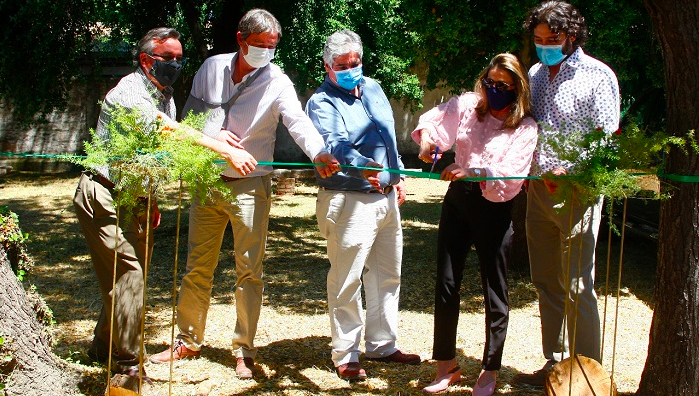Organic Producers Cooperative established in Chile

The Organic Producers Cooperative (Organicoop) has been established in Chile, with the mission to be recognized as the leading supplier of organic products from the South American country.
Organicoop was founded after celebrating its Junta General Constitutive (Constitutive General Meeting) recently in Curicó. It was created after working for a year with expert advisors in cooperative formation, they reported.
Participating in the initiative is the vice president of Fedefruta and president of regional agriculturla association Fruséptima, Carolina Dosal, who has a central focus based on agroecological principles, in promoting organic production on a large scale.
The entity is made up of the companies AFE Orgánico, Agrícola y Forestal El Yacal, Agrícola y Comercial Asturias, Agrícola Santa Isabel de Cato (ASICSA), Exportadora Frutifor, Exportadora Curicó and Centro de I+D (R&D) en Agroecología, which jointly produce certified organic apples, pears, blueberries, wine and livestock such as cattle and sheep between the regions Maule and Ñuble.
In a statement, the organization indicated that it formed a code based on agroecological principles such as recycling, functional diversification, resilience, self-management, cooperation, balanced biotic regulation and joint sales in short circuits shorts, among others.
“These are ideas that forge a way of thinking, beyond the mere replacement of synthetic supplies for licensed supplies, which is commonplace of the national ecological enterprises that only pursue the premium price of organic products, rather than the real sense of producing holistically,” said Organicoop.
It explained that the agricultural companies that make up the Organic Producers Cooperative of Chile is also part of Grupo de Transferencia Tecnológica (GTT) de Frutales Orgánicos del Centro Sur.
Organicoop seeks to “foster and promote organic agricultural products on a large scale, including small and medium-sized farms throughout the nation, and turn the challenge of developing on a large scale with a variety of products”.
It added that an important part of the surpluses that will be generated annually will be allocated to Centro de I+D by statute.
“Which will allow the development of various business models, from applied science, based on the real problems of the cooperative and the challenges that the future holds, especially in a climate change and post-pandemic scenario, in which each time more and more ecological products will be demanded,” it said.
The organization declared that their goal is to produce and sell under a different scheme from the one seen before from Maule and Ñuble to Chile and the world.















































